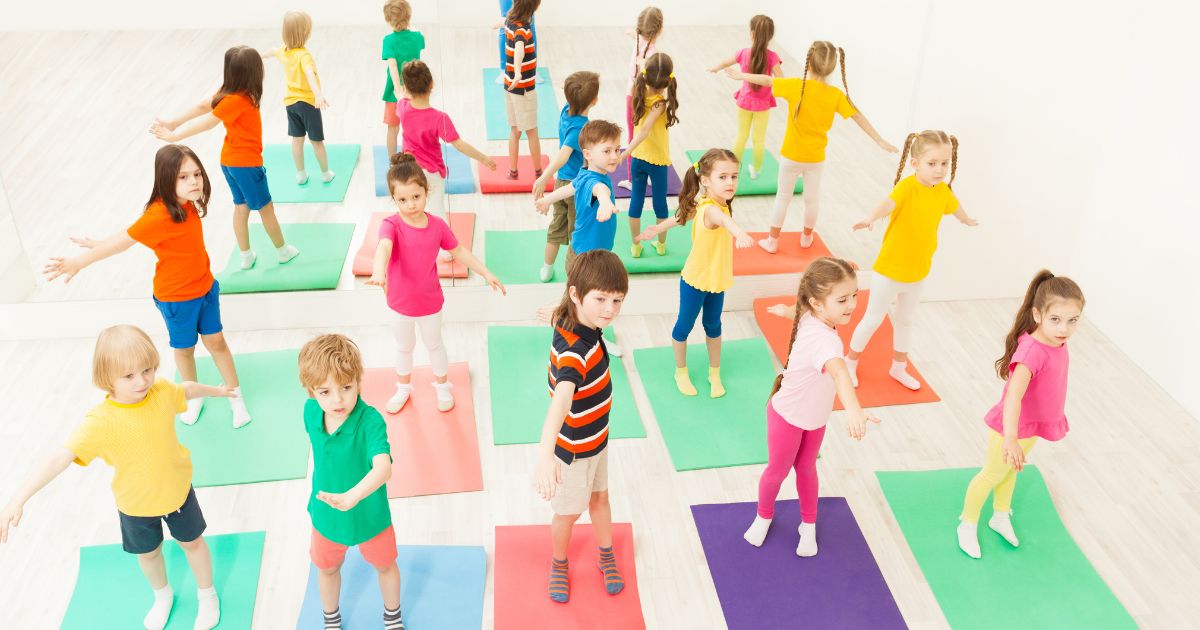Physical development in 6 to 12 years children is a process of change in the body. It includes changes in height, weight, body composition, and motor skills. Physical development is vital for overall health and well-being. It allows children to be active and engaged in their environment and helps them develop the skills they need to perform everyday tasks.
Physical development in 6 to 12-year-old children is a process of change in the body. It includes changes in height, weight, body composition, and motor skills. Physical development is vital for overall health and well-being. It allows children to be active and engaged in their environment and helps them develop the Social Skills they need to perform everyday tasks.
What is “Normal” Physical Growth for 6- to 12-year-old children?
During this age range, children continue to grow and develop steadily. They gain about 5-7 pounds and grow about 2-3 inches annually. They also tend to slim down and gain muscle strength and lung capacity.
At this age, children also have emotions about their appearance and growth. They are being “too big” concerns some girls, especially those who are overgrowing, while boys are often sensitive to being overly tiny.
How can I help my child grow?
Regular exercise, restful sleep, and a healthy diet contribute to normal development, one of the best measures of a child’s general health. However, your child’s growth routine is primarily genetic.
Forcing children to eat extra food or consume higher amounts of vitamins, minerals, or other nutrients will not increase their height and may lead to weight problems. Accepting children as they are helps them build self-acceptance. Mental health is essential for healthy development, strong relationships, and resilience.

Tips for Promoting Physical Development in 6 to12 Years Children
Moreover, as parents and attendants, you can apply several strategies to foster healthy physical development in children during middle childhood.
- Promote physical activity – Let kids spend time outside running, riding, and playing sports as an active kind of play.
- Set Screen Time Limits – Make sure that screen time is regulated and in harmony with exercise. This will prevent a sedentary lifestyle.
- Indoor Outdoor Activities – To make it enjoyable and improve family relationships, engage in physical activities like bicycling, hiking, or ball games. Ludo, carom board, puzzle games, etc.
- Provide a Balanced Diet – To support healthy growth and energy levels, make sure their diet consists of a range of nutrient-rich foods, including Vitamin D, in the winter days.
- Sufficient Hydration – Remind children to stay hydrated all day, especially when engaging in vigorous activity.
- Avoid too much sugar – Sugary drinks and snacks should be consumed in moderation since they may harm one’s physical well-being.
How to Support Skill Development?
As they reach school age, children continue improving their skills and comprehension of concepts and the world around them. While every kid develops at their own pace, the following are some typical developmental skills.
Structured Play
Enroll children in sports or physical activity classes focusing on skill development, such as swimming, gymnastics, or martial arts.
Art and Craft Activities
Further, fine motor skill development should be encouraged through creative activities like drawing, painting, and crafting.
Building Toys
Toys like LEGO and building sets can improve fine and gross motor skills.
Provide active toys
Young children especially need easy access to balls, jump ropes, and other active toys.
Play with your children
Help them learn a new sport or another physical activity. Or just have fun together by walking, hiking, or riding a bike.
Be a Role model
Children who regularly see their parents enjoying sports and physical activity are likelier to do so themselves.
Conclusion
In conclusion, a child’s physical development in 6 to 12 years is an essential and variable element in their growth during middle childhood. Overall, improving and growing these abilities can result in excellent mental and emotional development, better Improvement of social skills, better general health, and higher self-assurance. Parents and careers play a big part in helping your kids develop physically during this crucial era.